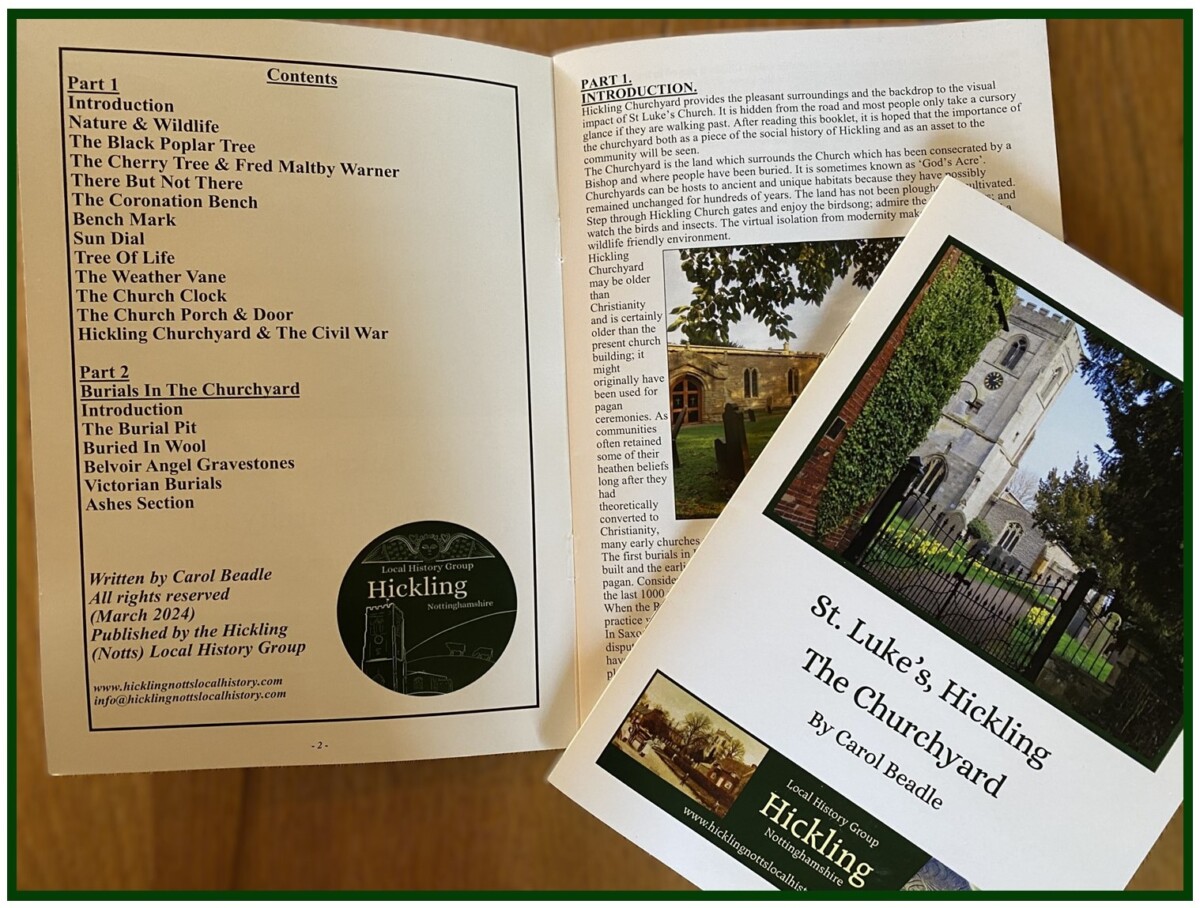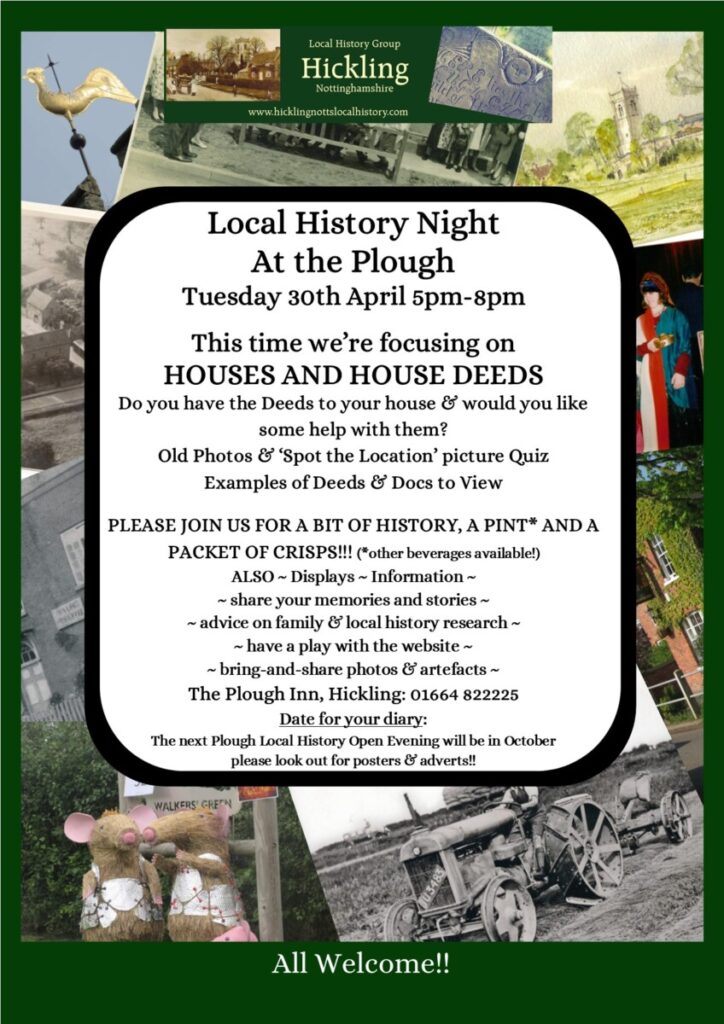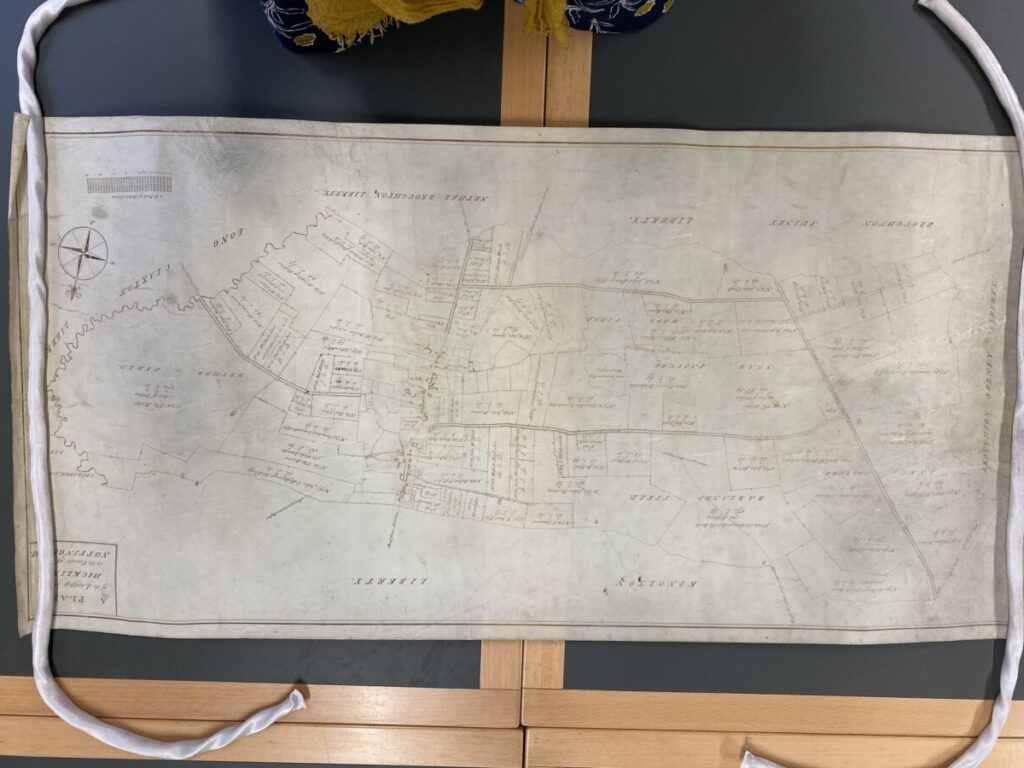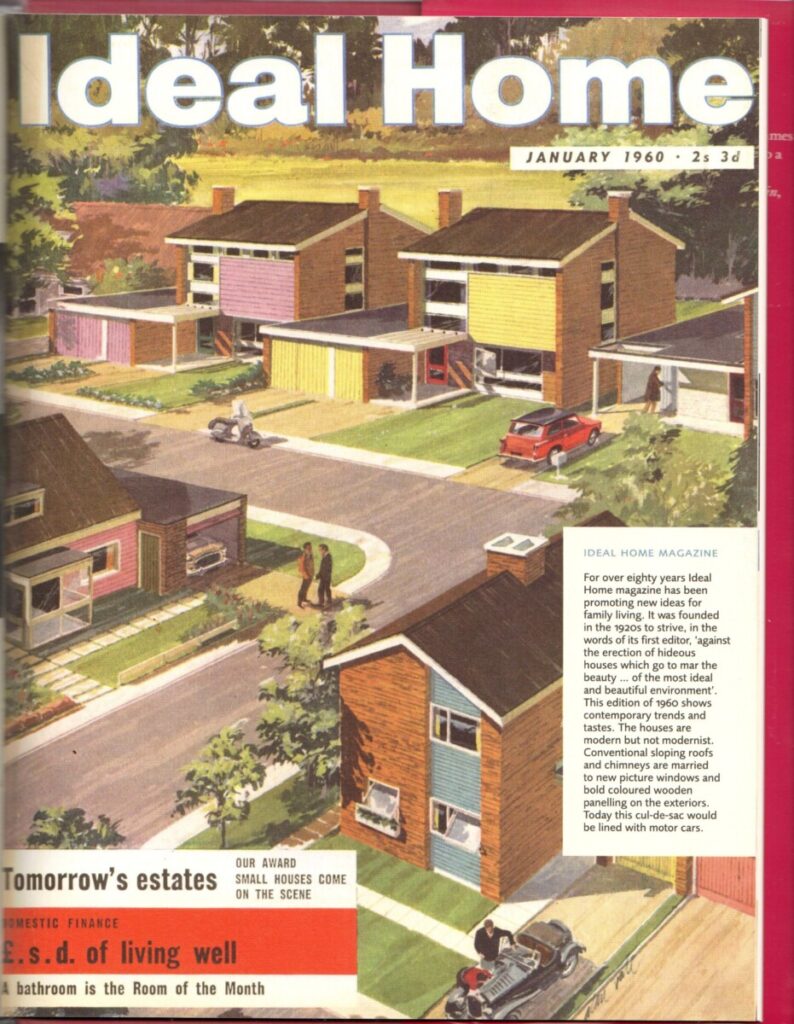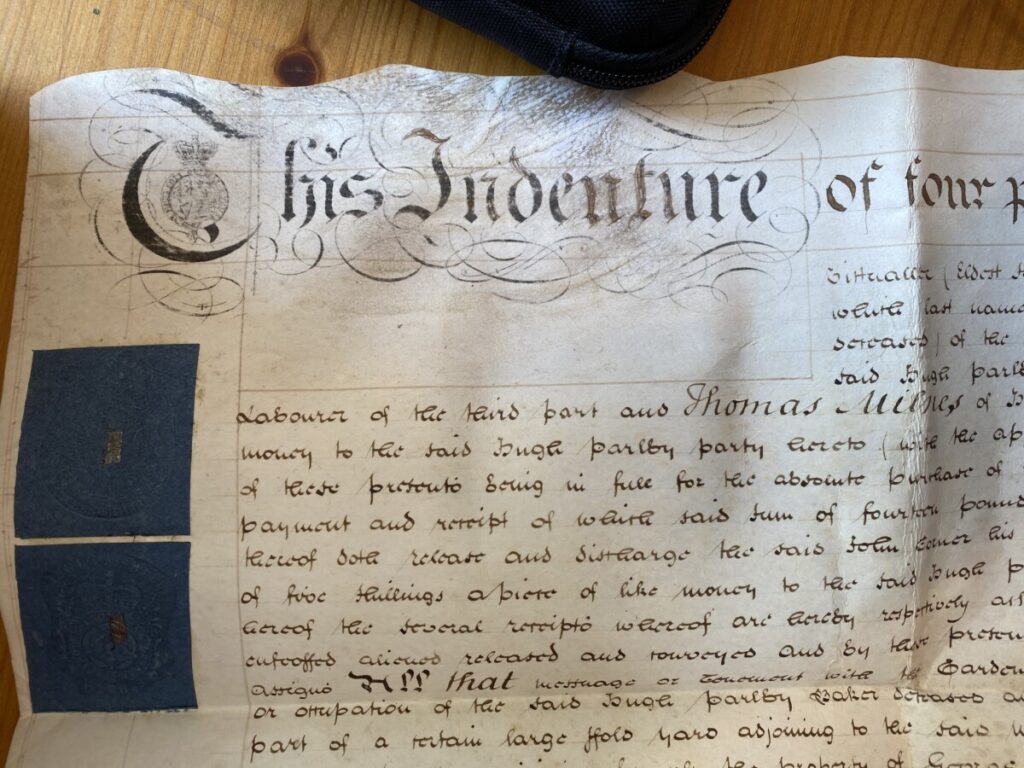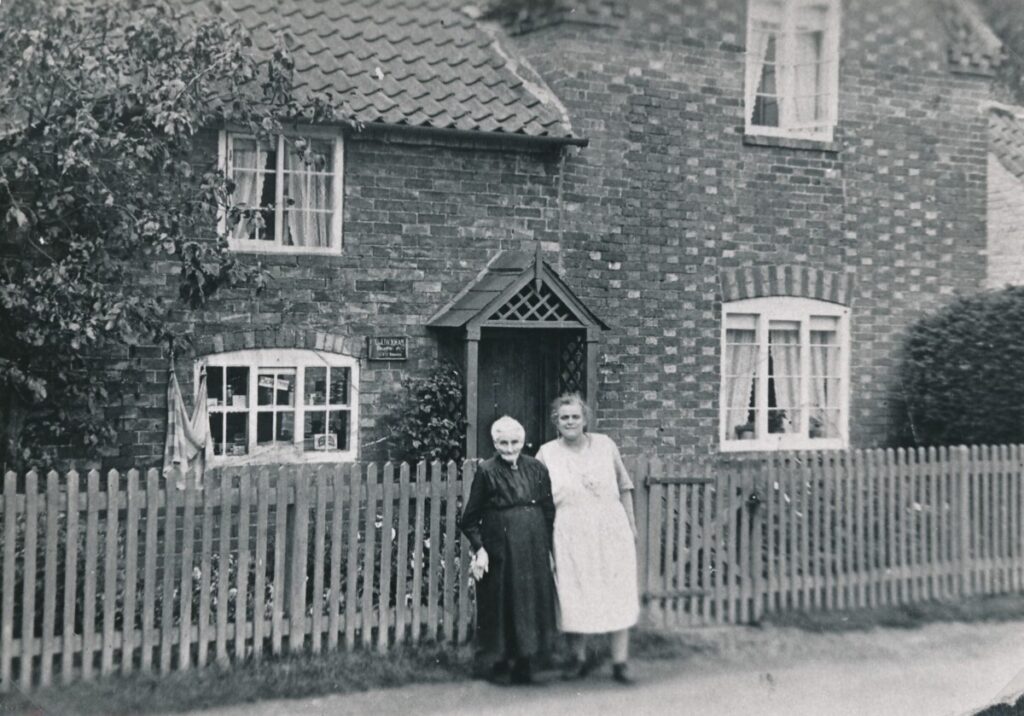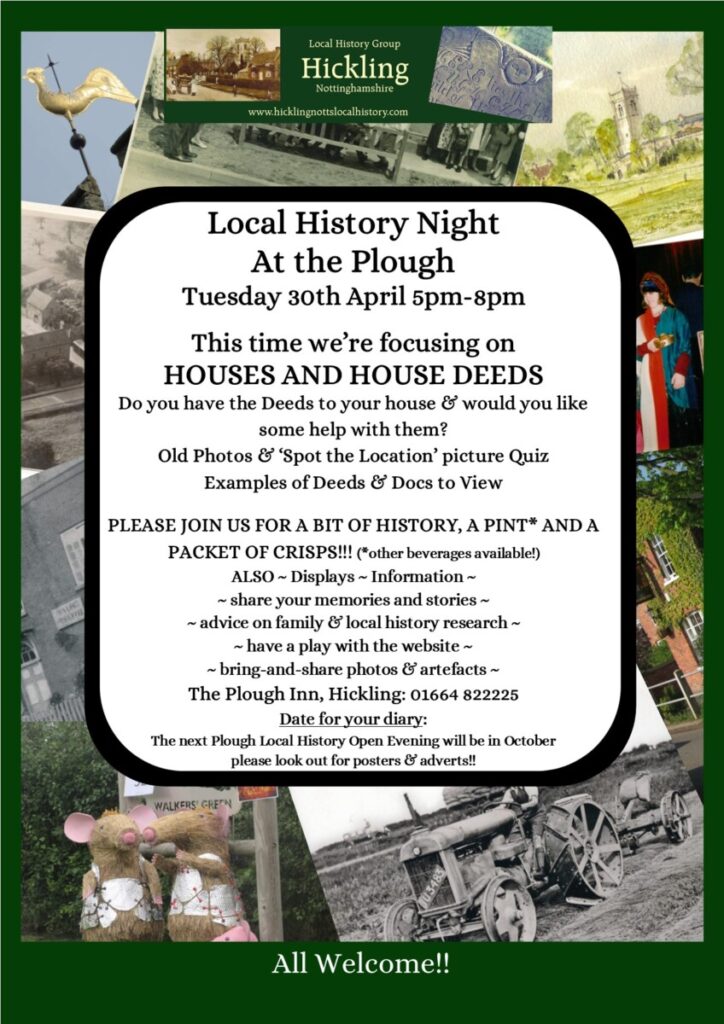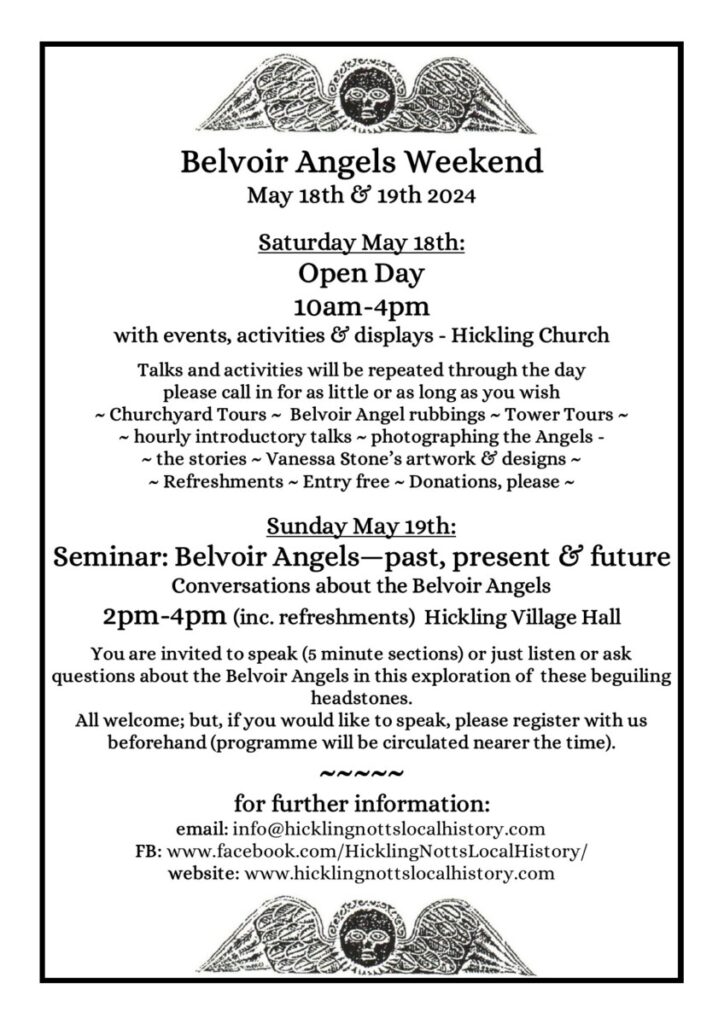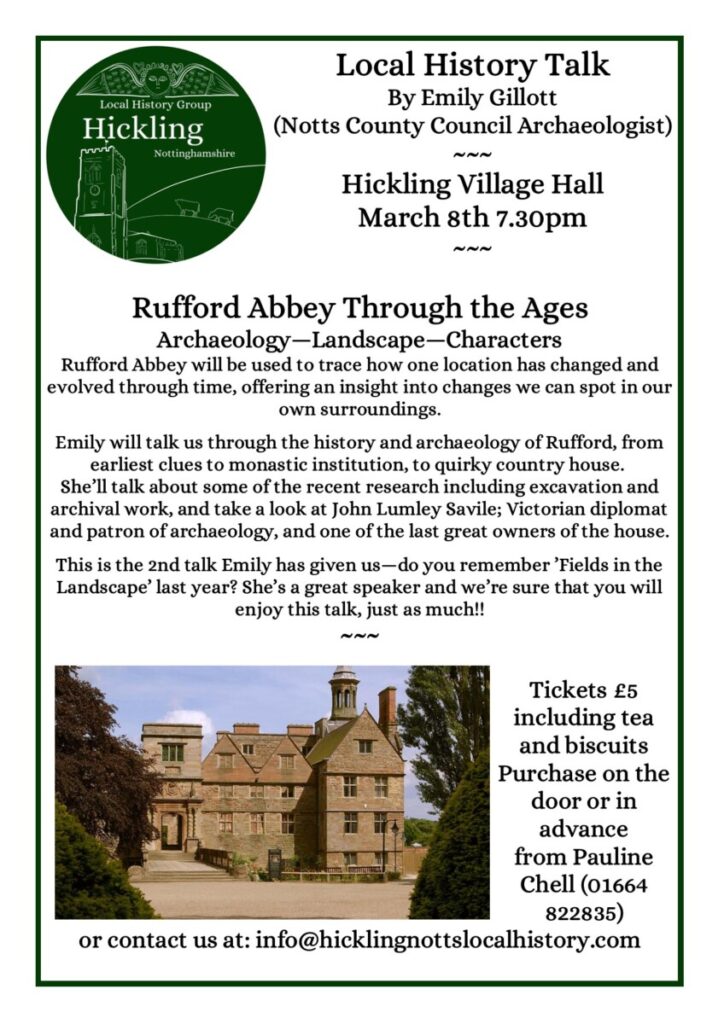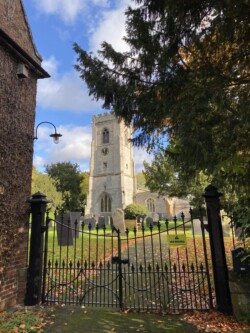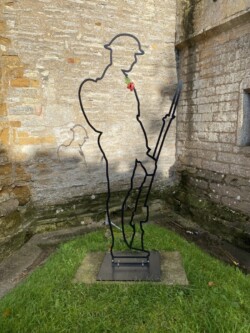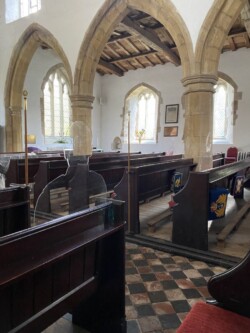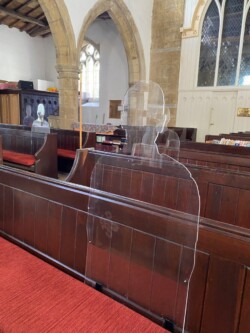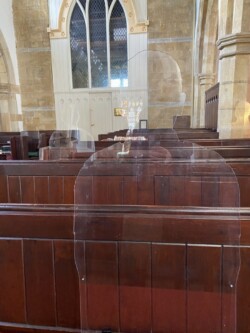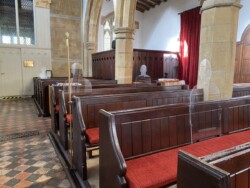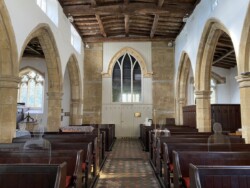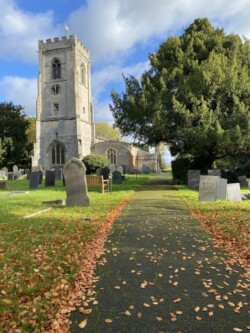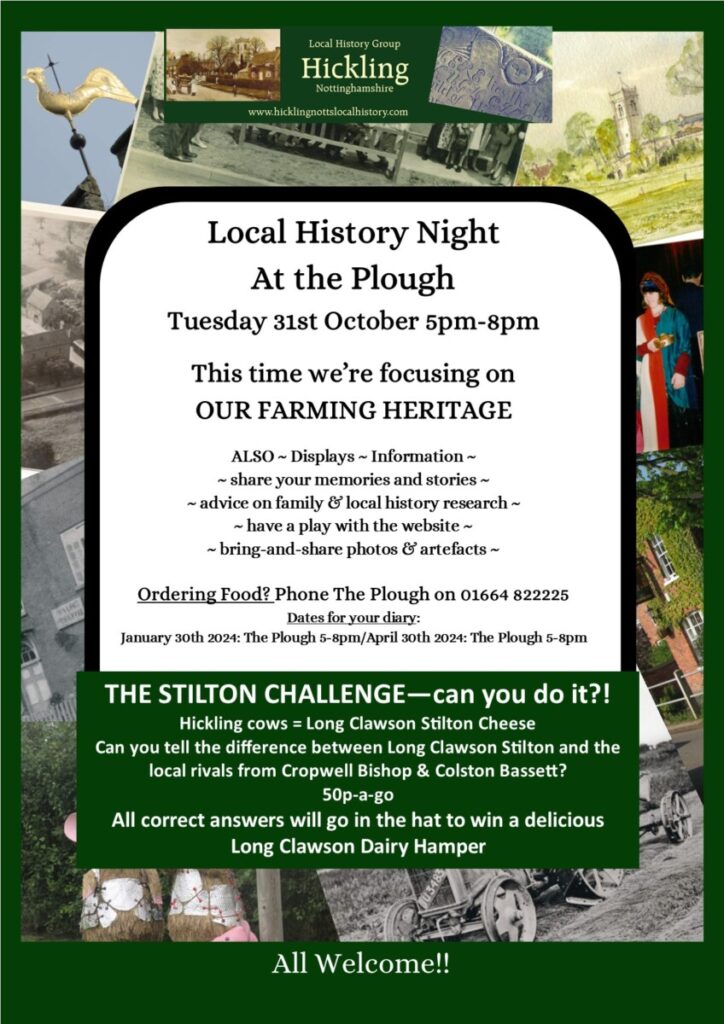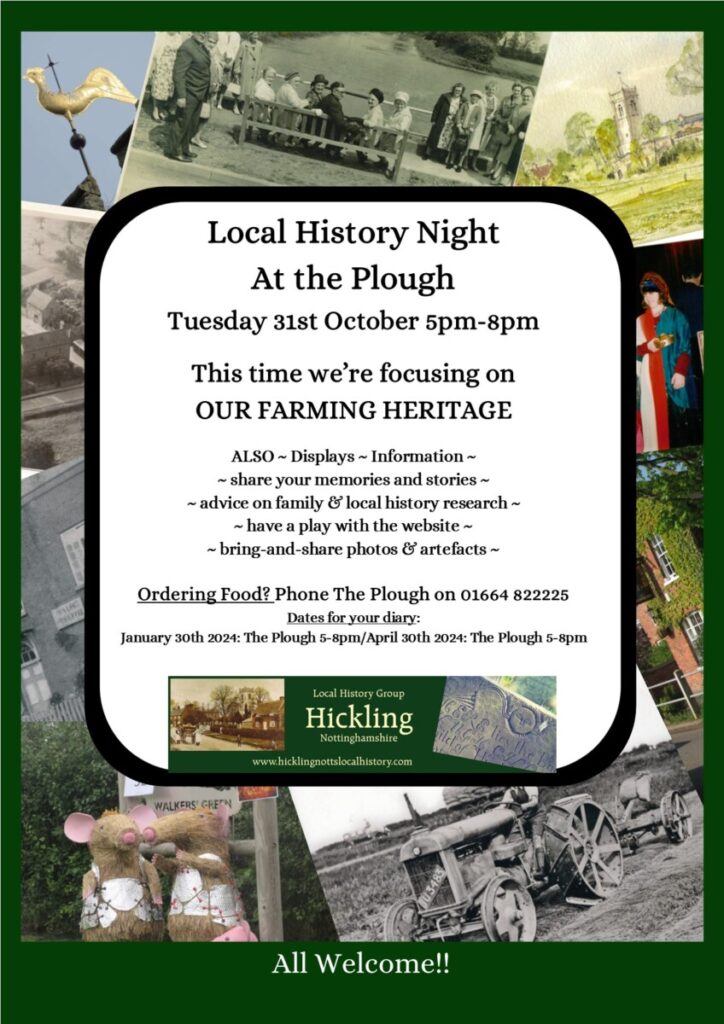Chapman’s Map of Nottinghamshire – 1794
(National Library of Scotland)
Historians and researchers can generally rely on maps as a valuable source of information; they can be used to date buildings, boundaries and infrastructure as well as recording names used at the time. We often use reliable map makers as a primary source to verify other data or source material.
So when a post popped up on the Grantham Canal Society’s Facebook page asking for a definitive date for the construction of the Grantham Canal there was a general sense of dismay.
John Chapman’s map of Nottinghamshire is dated 1794 – it shows the Grantham Canal in place including a branch line to Bingham which was never constructed. The completion of the Grantham Canal wasn’t formally confirmed by Act of Parliament until 1797.
The source of the mapping detail used by John Chapman is easily identified; his map transcribes the plans created in 1792 and published with the proposal submitted to (and passed by) Parliament in 1793. To show the canal as constructed in 1794 was somewhat premature as well as proving to be inaccurate, too.
- A later map of Nottinghamshire produced by Greenwood in 1826 is annotated: ‘Map of the county of Nottingham from an actual survey made in the years 1824 & 1825’ – more accurate and not including the Bingham branchline.
- https://maps.nls.uk/joins/10470.html
The Chapman map offers an interesting insight into the work of mapmakers and how they collated the information recorded on their maps; it also acts as a reminder that historic data does need checking and double-checking …
Click here for images of the maps

